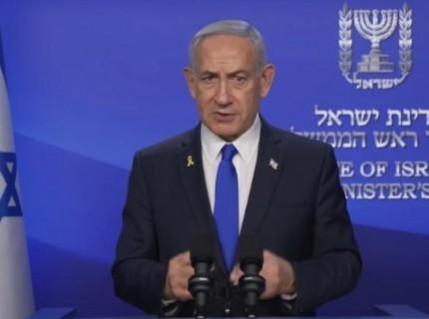
Iran has executed three men accused of espionage for Israel's intelligence agency, Mossad, marking a significant development in the ongoing tensions between the two nations. The executions took place in Urmia, a city in northwestern Iran near the Turkish border, as reported by local media and confirmed by the Iranian Judiciary's website, Mizan Online. The individuals, identified as Idris Ali, Azad Shojai, and Rasoul Ahmad Rasoul, were charged with attempting to import equipment into Iran to carry out assassinations, allegedly in cooperation with the "Zionist regime," a term Iran uses to refer to Israel.
The Iranian judiciary stated, "The sentence was carried out this morning...and they were hanged." This action follows a series of similar executions, with Iran having executed other individuals on charges of espionage for Mossad earlier in June. On June 14 and June 23, Iran executed individuals accused of providing sensitive information to Mossad. One such individual, Mohammad Amin Mahdavi Shayesteh, was executed on June 23 for intelligence cooperation with Israel. Another, Majid Mosayebi, was executed on June 22 after being accused of providing sensitive information to Mossad.
These executions come in the wake of a fragile ceasefire between Iran and Israel, brokered by former U.S. President Donald Trump. The ceasefire was announced after 12 days of military actions from both sides, with both parties agreeing to halt hostilities. However, the situation remains tense, with Iran having made at least 700 arrests of individuals accused of having ties with Israel during the conflict.
The backdrop to these events includes a series of U.S. missile strikes on Iran's nuclear facilities, which, according to an initial assessment by the Defense Intelligence Agency, did not completely destroy Iran's key nuclear sites. The assessment found that while the strikes set Iran's nuclear program back by three to six months, Iran's stockpile of enriched uranium and its centrifuges remained largely intact. This has led to criticism from various quarters, with some questioning the effectiveness of the strikes.

Historically, the relationship between Iran and Israel has been fraught with tension and conflict. The two countries have been at odds since the Islamic Revolution in Iran in 1979, which led to the severing of diplomatic ties. Over the years, there have been numerous instances of espionage, cyberattacks, and military confrontations between the two nations. The recent executions and the ongoing conflict are a continuation of this long-standing animosity.

















